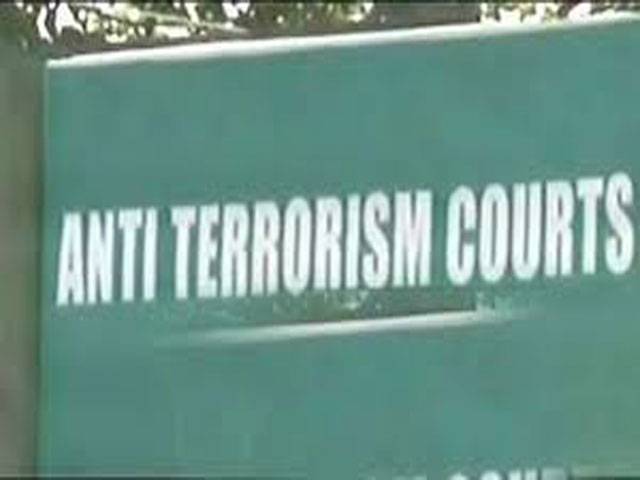KARACHI - An anti-terrorism court (ATC) on Saturday sentenced former sessions judge Sikandar Lashari and another to death, convicting them of murder of another judge’s teenage son.
The prosecution established during the proceedings that Lashari had instigated the murder as the 19-year-old victim loved one of his daughters, something he strongly disapproved.
The ATC announced the judgment in the presence of the accused and others. Lashari was brought to the court for hearing from Hyderabad jail.
Lashari was sentenced for instigating the murder, while another man - Irfan Bengali - was found guilty of committing the crime.
The prosecution established the charges against them by presenting and examining around 20 witnesses, including some eyewitnesses.
Sikandar Lashari was serving as sessions judge in Mithi when he was accused of involvement in the murder of Aqib Shahani, son of a Jacobabad district and sessions judge named Aqib Shahani, in February 2014.
According to the prosecution, Aqib, aka Kashif, was driving his car when gunmen in another vehicle intercepted him on Thandi Sarak, took him out and sprayed him with bullets. His mother, two sisters and a cousin were with him in the car at the time of the incident.
The Sindh High Court had transferred the case to ATC-II, Karachi as the ATC judge in Hyderabad had sent a reference to SHC chief justice, requesting him to transfer the case since both the sides were known to him.
In his last arguments, defence lawyer Mushtaq Ahmed contended that the offence did not fall in the ambit of the anti-terrorism act (ATA) since the alleged motive for the killing was mentioned as private enmity or revenge.
He maintained that the prosecution had almost examined all the witnesses, but nobody had specifically deposed on the point of terrorism.
However, the prosecution argued that the incident had created terror and insecurity among the legal fraternity, judicial officers and the public.
They further submitted that the trial court as well as the Sindh High Court had already dismissed the applications for exclusion of ATA clauses and the defence side was using delaying tactics to prolong the trial.






